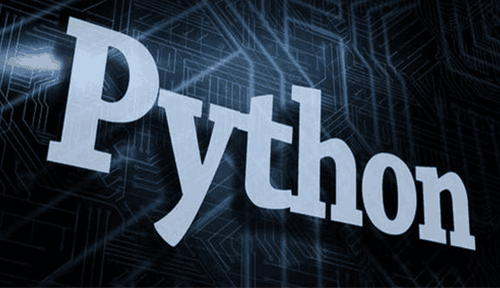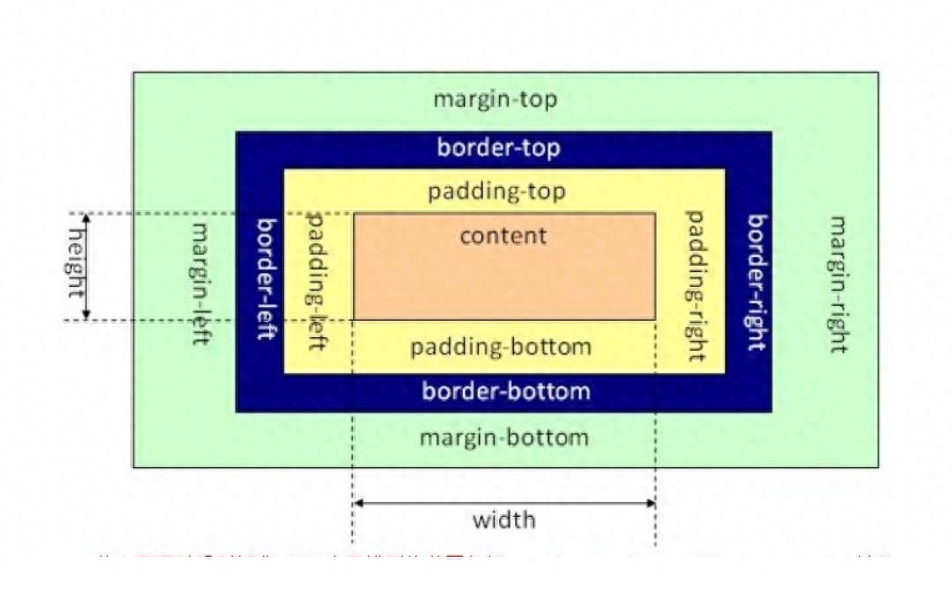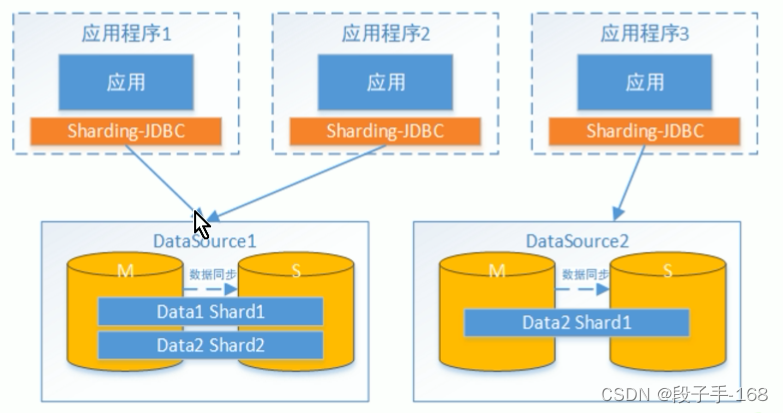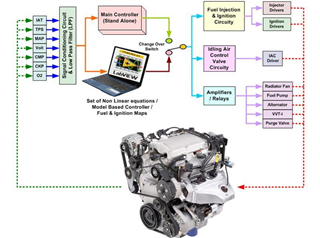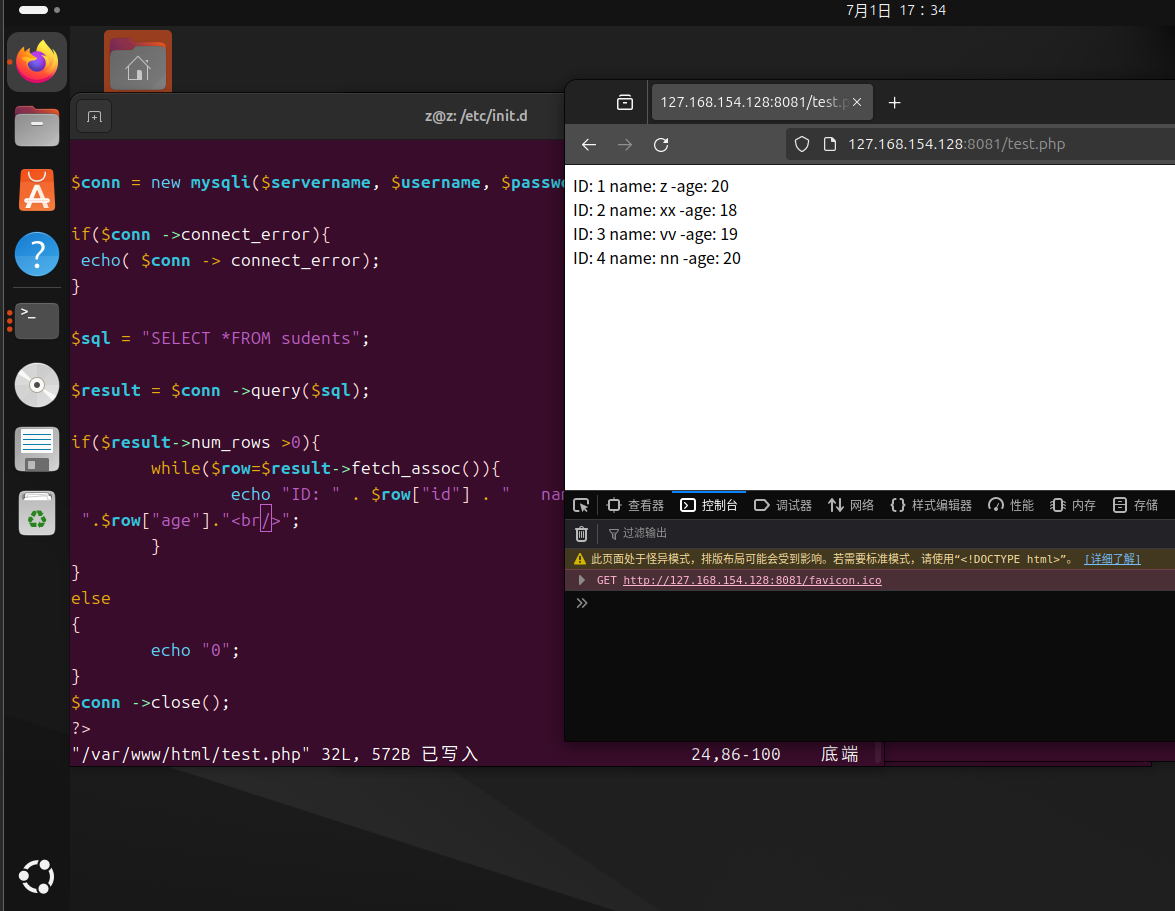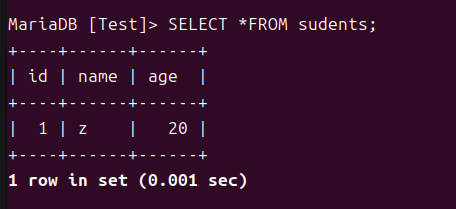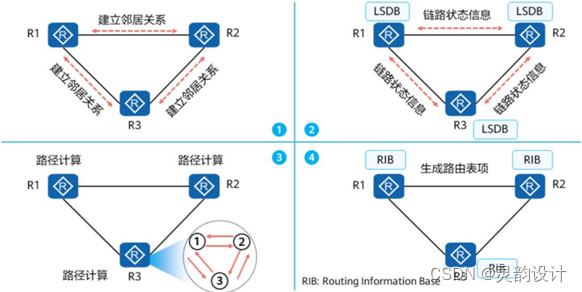2.3 主程序和外部IO交互 (文件映射方式)----IO Server C++实现
效果显示

1 内存共享概念
基本原理:以页面为单位,将一个普通文件映射到内存中,达到共享内存和节约内存的目的,通常在需要对文件进行频繁读写时使用,这样用内存读写取代I/O读写,以获得较高的性能
windows和linux都提供了原生的系统级的C++接口,可以将文件映射到内存
优点: 32位|64位 客户端都可以同时连接到Server上
1 参考资料 探索内存原理的内存映射文件(图文详解)
2 IO交互工作示意图
1 必须先打开IO Server 创建内存映射,然后打开IO Client才有效
2 IO Client 可以32位也可以64位

3 C++ 代码实现
3.1 shareddataServer.h 头文件中引用
尽量做到Windows |Linux 下都能够通用
#if defined(WIN32) || defined(_WIN32) || defined(__WIN32__) || defined(__NT__)
#define WIN32_LEAN_AND_MEAN // 从 Windows 头文件中排除极少使用的信息
#include <windows.h>
#elif defined(linux) || defined(__linux)
#include <string.h>
#include <sys/mman.h>
#include <fcntl.h>
#include <unistd.h>
#endif
3.2 shareddataServer.h 主要调用接口
在后面的测试中,我们主要演示DM8 来作为IO的 输入和输出
3.2.1 预定义变量名称,为了能够Linux|Windows下通用
#if defined(WIN32) || defined(_WIN32) || defined(__WIN32__) || defined(__NT__)
#elif defined(linux) || defined(__linux)
typedef void *HANDLE;
typedef void *LPVOID;
typedef long long __int64;
typedef __int64 LONG_PTR, *PLONG_PTR;
typedef unsigned long long ULONG_PTR;
typedef unsigned long long *PULONG_PTR;
typedef int BOOL;
#define INVALID_HANDLE_VALUE ((HANDLE)(LONG_PTR)-1)
#endif
3.2.2 接口定义
BD_API int GetIOData(uchar* p_IOData, int start, int len);
BD_API int SetIOData(uchar* p_IOData, int start, int len);
BD_API int SetDM8(uchar* p_DM8, int start, int len);
BD_API int GetDM8(uchar* p_DM8, int start, int len);
BD_API int GetDM16(uchar* p_DM16, int start, int len);
BD_API int SetDM16(uchar* p_DM16, int start, int len);
/**
* ***********************************************************************************************
* @brief ReleaseMMF
* 销毁资源
*
* @return BD_API
* ***********************************************************************************************
*/
BD_API void ReleaseMMF();
/**
* ***********************************************************************************************
* @brief
*
*
* @return BD_API
* ***********************************************************************************************
*/
BD_API int Create_Server();
3.3 shareddataServer.cpp 接口实现
3.3.0 MMF 句柄定义
namespace SHAREDDATA
{
#pragma region MMF 内存共享 IO 区
// 创建共享文件句柄
HANDLE hMapFile_IO = INVALID_HANDLE_VALUE;
// 文档句柄
int fd_io=-1;
#pragma endregion MMF 内存IO 区
#pragma region MMF 内存共享 DM8 区
// 创建共享文件句柄
HANDLE hMapFile_DM8 = INVALID_HANDLE_VALUE;
// 文档句柄
int fd_dm8=-1;
#pragma endregion MMF 内存DM8 区
#pragma region MMF 内存共享 DM16 区
// 创建共享文件句柄
HANDLE hMapFile_DM16 = INVALID_HANDLE_VALUE;
// 文档句柄
int fd_dm16=-1;
#pragma endregion MMF 内存DM16 区
}
3.3.1 Create_Server()
namespace SHAREDDATA
{
/**
* ***********************************************************************************************
* @brief
* Create_Server
* 创建一个server
*
* @return BD_API
* ***********************************************************************************************
*/
BD_API int Create_Server()
{
int nRet = 0;
try
{
#if defined(WIN32) || defined(_WIN32) || defined(__WIN32__) || defined(__NT__)
// &0 DMIO
hMapFile_IO = CreateFileMapping(
INVALID_HANDLE_VALUE, // 物理文件句柄
NULL, // 默认安全级别
PAGE_READWRITE, // 可读可写
0, // 高位文件大小
n_max_IO_uchars, // 低位文件大小
"ShareMemoryIO" // 共享内存名称
);
if (hMapFile_IO != INVALID_HANDLE_VALUE&& hMapFile_IO > 0)nRet = 0;
else return -1;
// &1 DM8
hMapFile_DM8 = CreateFileMapping(
INVALID_HANDLE_VALUE, // 物理文件句柄
NULL, // 默认安全级别
PAGE_READWRITE, // 可读可写
0, // 高位文件大小
n_max_DM8s, // 低位文件大小
"ShareMemoryDM8" // 共享内存名称
);
if (hMapFile_DM8 != INVALID_HANDLE_VALUE && hMapFile_DM8 > 0)nRet = 0;
else return -1;
// &2 DM16
hMapFile_DM16 = CreateFileMapping(
INVALID_HANDLE_VALUE, // 物理文件句柄
NULL, // 默认安全级别
PAGE_READWRITE, // 可读可写
0, // 高位文件大小
n_max_DM16s, // 低位文件大小
"ShareMemoryDM16" // 共享内存名称
);
#elif defined(linux) || defined(__linux)
// specify shared file path
// 路径一定要存在,否则会报警
// &0 DMIO
string shared_file_io = path+"ShareMemoryIO";
fd_io = open(shared_file_io.c_str(), O_CREAT | O_RDWR | O_TRUNC, 00777);
if (fd_io < 0)
{cout << "create file error" << endl;return -1;
}
ftruncate(fd_io, n_max_IO_uchars); // extend file size
// map memory to file
//hMapFile_IO = mmap(NULL, n_max_IO_uchars, , PROT_READ | PROT_WRITE, MAP_SHARED, fd_io, 0);
// &0 DM8
string shared_file_dm8 = path+"ShareMemoryDM8";
fd_dm8 = open(shared_file_dm8.c_str(), O_CREAT | O_RDWR | O_TRUNC, 00777);
if (fd_dm8 < 0)
{cout << "create file error" << endl;return -1;
}
ftruncate(fd_dm8, n_max_DM8s); // extend file size
// map memory to file
//hMapFile_DM8 = mmap(NULL, n_max_DM8s, , PROT_READ | PROT_WRITE, MAP_SHARED, fd_dm8, 0);
// &0 DM16
string shared_file_dm16= path+"ShareMemoryDM16";
fd_dm16 = open(shared_file_dm8.c_str(), O_CREAT | O_RDWR | O_TRUNC, 00777);
if (fd_dm16 < 0)
{cout << "create file error" << endl;return -1;
}
ftruncate(fd_dm16, n_max_DM16s); // extend file size
#endif
}
catch (exception& e)
{
nRet = -1;
}
return nRet;
}
#pragma region 销毁共享文件 句柄
// 销毁内存 MMF 句柄
BD_API void ReleaseMMF()
{
#if defined(WIN32) || defined(_WIN32) || defined(__WIN32__) || defined(__NT__)
if (hMapFile_IO != NULL)CloseHandle(hMapFile_IO);
if (hMapFile_DM8 != NULL)CloseHandle(hMapFile_DM8);
if (hMapFile_DM16 != NULL)CloseHandle(hMapFile_DM16);
#elif defined(linux) || defined(__linux)
if(fd_io>=0)close(fd_io);
if(fd_dm8>=0)close(fd_dm8);
if(fd_dm16>=0)close(fd_dm16);
#endif
}
#pragma endregion
}
3.3.2 重新定义MapViewofFile_New| UnMapViewofFile_New
LPVOID MapViewofFile_New(HANDLE handle,const int& fd, const int& size)
{
LPVOID lpBase=nullptr;
if(handle==nullptr||size==0)return lpBase;
#if defined(WIN32) || defined(_WIN32) || defined(__WIN32__) || defined(__NT__)
// 映射缓存区视图 , 得到指向共享内存的指针
lpBase = MapViewOfFile(
handle, // 共享内存的句柄
FILE_MAP_ALL_ACCESS, // 可读写许可
0,
0,
size
);
#elif defined(linux) || defined(__linux)
if(fd<0)return nullptr;
// map memory to file
lpBase = mmap(NULL, size, PROT_READ | PROT_WRITE, MAP_SHARED, fd, 0);
#endif
return lpBase;
}
void UnMapViewofFile_New(HANDLE handle,const int& size)
{
if(handle==nullptr||size==0)return ;
#if defined(WIN32) || defined(_WIN32) || defined(__WIN32__) || defined(__NT__)
// 解除文件映射
UnmapViewOfFile(handle);
#elif defined(linux) || defined(__linux)
// unmap and close
munmap(handle, size);
#endif
return;
}
3.3.3 SetDM8|GetDM8 函数接口实现
/// @brief SetDM8
/// @param p_DM8
/// @param start
/// @param len
/// @return
BD_API int SetDM8(uchar* p_DM8, int start, int len)
{
int nRet = 0;
std::lock_guard<std::mutex> lock(_mutex);
try
{
if (start > n_max_DM8s)
{
len = 0;
nRet = -1;
return nRet;
}
if (len + start > n_max_DM8s)
{
len = n_max_DM8s - start;
}
// len 一定》0
if (len > 0)
{
// 映射缓存区视图 , 得到指向共享内存的指针
LPVOID lpBase = MapViewofFile_New(hMapFile_DM8,fd_dm8, n_max_DM8s);
memcpy((uchar*)lpBase + start, p_DM8, len);
//memcpy(DM_8 + start, p_DM8, len);
// 解除文件映射
UnMapViewofFile_New(lpBase, n_max_DM8s);
}
else nRet = -1;
}
catch (exception& e)
{
nRet = -1;
}
return nRet;
}
BD_API int GetDM8(uchar* p_DM8, int start, int len)
{
int nRet = 0;
std::lock_guard<std::mutex> lock(_mutex);
try
{
if (start > n_max_DM8s)
{
nRet = -1;
return nRet;
}
if (len + start > n_max_DM8s)
{
len = n_max_DM8s - start;
}
// len 一定》0
if (len > 0)
{
if (hMapFile_DM8 == INVALID_HANDLE_VALUE)return -2;
// 映射缓存区视图 , 得到指向共享内存的指针
LPVOID lpBase = MapViewofFile_New(hMapFile_DM8,fd_dm8, n_max_DM8s);
// copy 内存
memcpy(p_DM8, (uchar*)lpBase + start, len);
//memcpy(p_DM8, DM_8 + start, len);
// 解除文件映射
UnMapViewofFile_New(lpBase, n_max_DM8s);
}
else nRet = -1;
}
catch (exception& e)
{
nRet = -1;
}
return nRet;
}
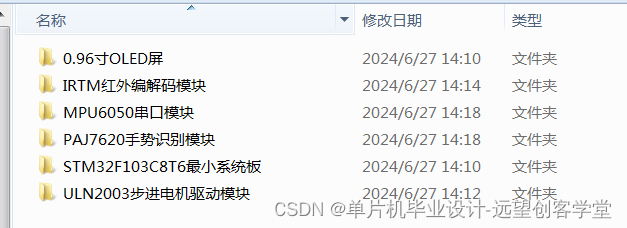

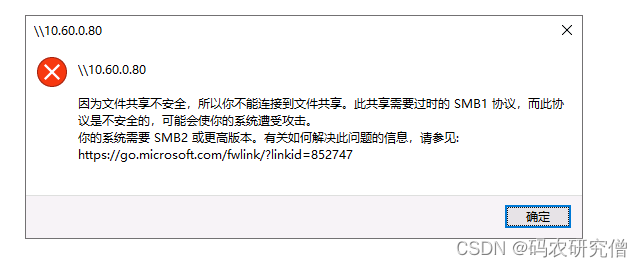
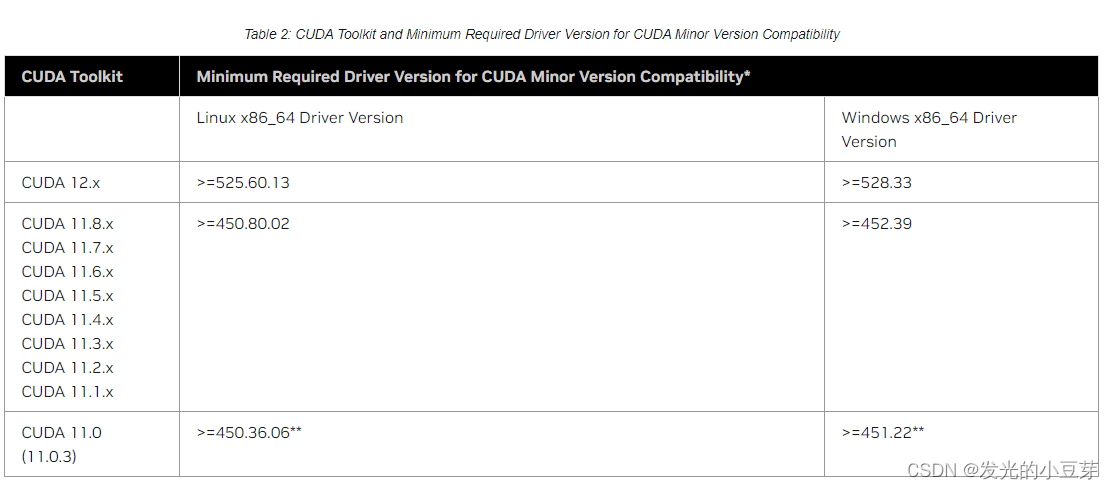
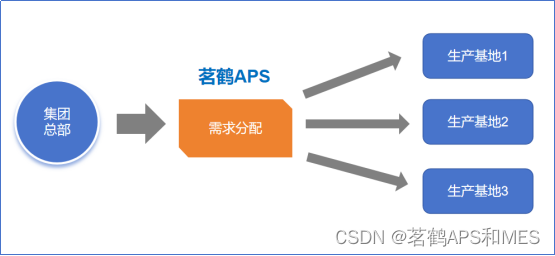
![[漏洞分析] CVE-2024-6387 OpenSSH核弹核的并不是很弹](https://img-blog.csdnimg.cn/direct/f12369be83cc4793a2750cf7590aa811.png#pic_center)
